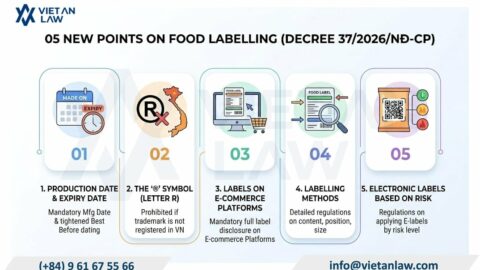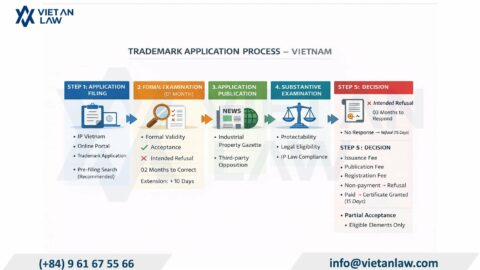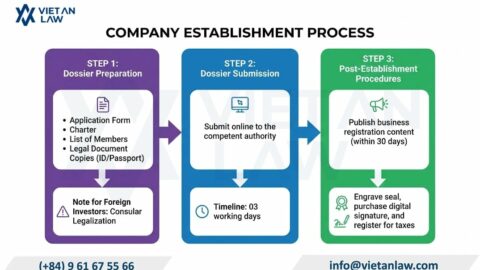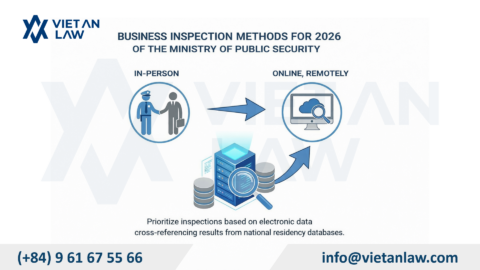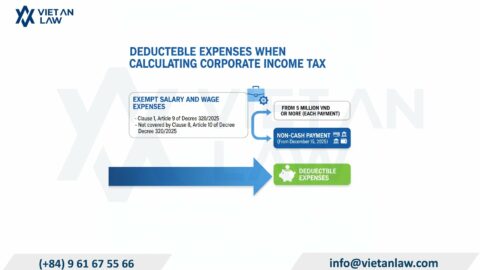Artificial Intelligence (AI) is increasingly becoming an indispensable part of our lives. With its superior ability to learn, create, and solve problems, AI has made incredible breakthroughs in various fields. However, the rapid development of AI also poses new challenges, particularly to the long-established system of intellectual property rights. In Vietnam, the impact of AI on intellectual property rights is significant and complex. The following article by Viet An Law will provide the necessary information on this issue.
Table of contents
With the rapid development of new technologies, the use of artificial intelligence technology in daily life is becoming increasingly common. Currently, in Vietnam, many advanced AI models are widely used, notably OpenAI’s ChatGPT and Google Gemini. Many people even believe that these chatbots can replace humans in the education, communication, journalism, and administration sectors. However, the emergence of new AI technology products has caused several legal issues, especially concerning intellectual property rights.
Artificial Intelligence (AI) is gradually becoming an indispensable part of modern life, bringing many positive changes to the protection of intellectual property rights:
While Artificial Intelligence (AI) offers many superior benefits, it also poses negative impacts on intellectual property rights. In this rapidly advancing technological era, AI not only supports humans but also brings significant challenges to intellectual property rights as follows:
Currently, legal regulations on intellectual property rights are primarily designed to protect human creations. However, when AI can independently create inventions, artworks, or intellectual products, determining the rightful owner becomes a significant challenge.
Under Vietnamese civil law, specifically the Civil Code of 2015, a legal subject must be an individual or an organization. Consequently, machines or computer programs, including AI, are not recognized as legal entities. This means that determining the legal status of AI as a subject under the law remains impossible. The impact of AI on intellectual property rights further complicates these legal considerations.
Accordingly, Article 13 of the Intellectual Property Law 2005, amended and supplemented in 2022, stipulates the subjects of copyright as: “Vietnamese organizations and individuals; foreign organizations and individuals whose works are first published in Vietnam and have not been published in any other country or are published simultaneously in Vietnam within thirty days from the date the works are first published in another country; foreign organizations and individuals whose works are protected in Vietnam under international conventions on copyright to which Vietnam is a member.”
Thus, the current law stipulates that only organizations, individuals, or humans can hold copyright; entities such as computers, robots, or AI cannot yet be subjects holding copyright.
The subjects infringed in cases related to AI are usually those individuals or organizations whose intellectual property rights are affected by the violation. For example, in the field of copyright, creative works such as texts, images, music, or films may be illegally copied or reused by AI to create new content. This makes the authors or copyright holders of the original works the subjects being infringed upon.
The infringing subjects in these situations can include various entities:
However, determining the legally responsible entity in disputes related to AI is not simple. According to current Intellectual Property Law and Vietnamese law, AI is not recognized as a legal entity with rights and obligations; thus, it cannot be a legally responsible subject. The impact of AI on intellectual property rights adds another layer of complexity to these legal determinations.
It can be seen that the issue of intellectual property rights for inventions created by artificial intelligence is causing legal problems because national laws only stipulate intellectual property rights for intellectual property created by humans. This can pose many legal risks in the event of disputes, especially disputes related to intellectual property rights concerning products created by artificial intelligence.
Vietnamese law currently has no specific regulations on liability for damages related to AI. However, existing laws contain provisions that may address compensation for damages related to AI, such as the Law on Product Quality 2007, amended in 2018, and the provisions on non-contractual compensation in the Civil Code 2015. When an AI-integrated product violates quality standards, the manufacturer is liable for compensation.
If AI entities are considered assets (intellectual property and tangible assets), according to Clause 3, Article 584 of the Civil Code 2015, the owner or possessor is liable for damages. However, these provisions may only apply in certain cases or simple relationships, while more complex situations are harder to regulate.
This is Viet An Law’s advice on the impact of AI on intellectual property rights. If you have any questions or need assistance, please contact Viet An Law for the best support!
